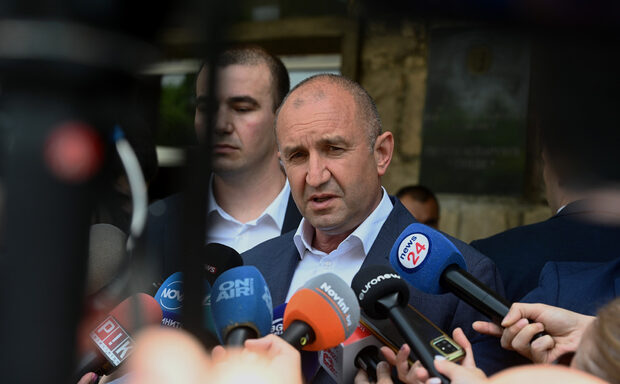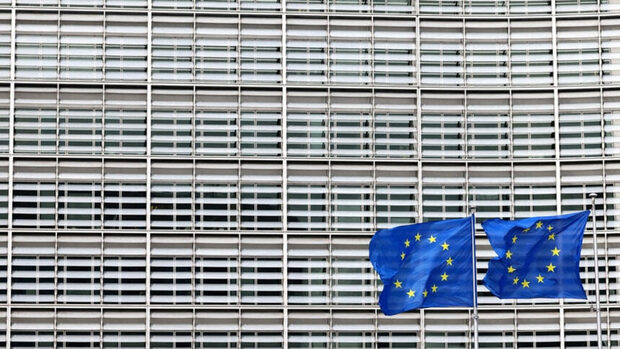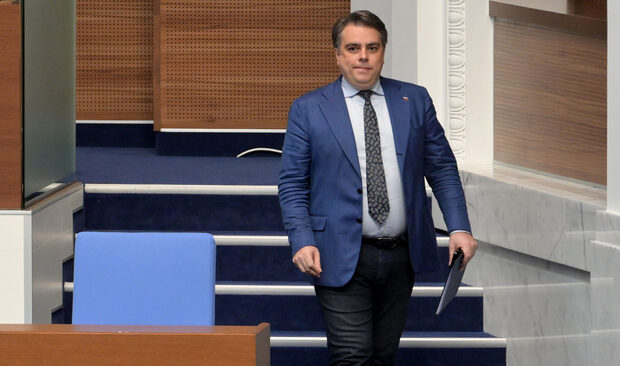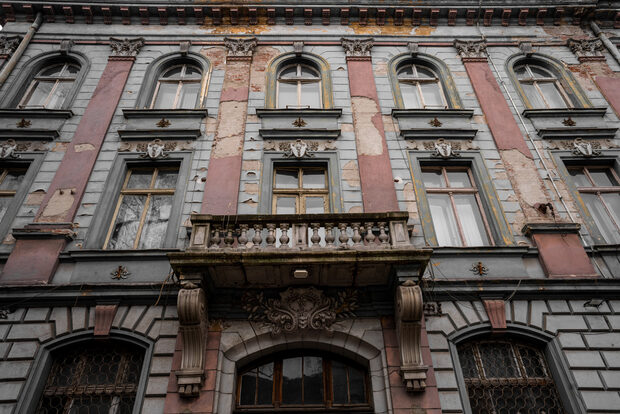Bulgaria's energy sector is entering a new era, even before the old one - related to the boom in solar power plants - has ended. This time it is about energy storage systems that can solve some of the sector's main problems - unbalanced production and zero energy prices.
Hitherto, plans for large batteries seemed distant, and hybrid projects were seen as part of a wishlist, awaiting EU funding. But the sector appears to be thriving on a market basis as battery prices fall.
One of the first large electricity storage installations in the region is near the town of Razlog. The news was trailed last year by the Bulgarian EPC contractor Solarpro and the Chinese battery manufacturer Hithium. The energy storage system was officially put into commercial operation at the beginning of June, with Renalfa, which manages a large portfolio of green projects, making it official.
The batteries were installed at a 33-megawatt solar park near Razlog, owned by Investo Partners, the ultimate owner of which is the Austria based Renalfa IPP. The solar park was the first to have a green PPA 2 years ago with the telecommunications company A1.
Not one, but 16 batteries
Lithium-ion battery manufacturer Hithium has supplied 16 electricity storage containers with a capacity of 3.44 mWh. Kehua also participated in the supply of components, and the design and construction was done by Solarpro. The commercial part of the plant is handled by energy trader Ker Toki Power. The system also provides services to the TSO for automatic and manual regulation of the grid frequency, which are now mainly carried out by base capacities such as thermal power plants.
The plant in Razlog has a maximum capacity of 33 megawatts. Most of the time, however, it operates at about 20-24 megawatts, which on average generates about 130 mWh of electricity per day. And the capacity of the batteries is a total of 25 mW/55 mWh, which means that they will be able to deliver 25 megawatts for two hours and thus extend the working hours of the solar park outside of sunshine hours.
Therefore, half of the energy produced will be able to be directly fed into the batteries to then be sold during the hours of greatest need. Opening a new market of electricity production may also help with finding evening PPA's, when demand is highest. It is also possible to escape the serious imbalances in the system during the day, when the price of electricity itself is low due to plentiful solar production. In the last two months, the system operator began to limit solar capacity in the country, often operating at 80% of their capacity. The reason is network overload and oversupply on the market, as the operator decides to limit production and put a ceiling.
"The battery will make it possible to shift the peak production of solar energy from the plant in time and allow for energy arbitrage," said Renalfa in its official announcement about the hybrid project.
The total investment in the project has not been announced, but batteries of similar capacity would now cost as much as the investment in the solar park itself. In this case, the price of the storage system probably exceeds 22 million levs. At the same time, investing in a solar park with such specifications reaches 30 million levs.
Many of the players in the market are awaiting to invest in batteries, since the Bulgarian National recovery and resilience plan has grant schemes for hybrid projects, although this is not the case with the park in Razlog, in which a company's capital was used.
The new reality
Not only in Bulgaria, but mostly everywhere, more and more PV's are thinking about electricity sales optimization due to the volatile market. Bulgaria's Razlog plant will be the largest of its kind in Southeastern Europe according to the data of the companies themselves. However, we will certainly see many more such investments in the coming months.
"With the growth of large-scale solar projects in the region, the topic of electricity storage battery installations is becoming more and more important, because they allow much easier balancing and better predictability of solar energy supplies," commented Krasen Mateev, Executive Director of the Bulgarian EPC contractor Solarpro.
"This first-of-its-kind large battery system marks the beginning of the hybridization of our portfolio of over 1 gigawatt of RES generating assets in operation and at various stages of construction. We are about to introduce similar solutions to our other wind and photovoltaic projects in the region, including in Hungary and Romania. Our main goal is to improve the commercial profile of generating capacity. But in the wider context of the energy transition, this facility demonstrates how advances in technology make renewable energy production much more usable, manageable and flexible in relation to demand and supply," said Renalfa's Nik Antonov about the hybrid project.
During the summer month, solar farms manage to operate for up to 10 hours a day, which further increases the production of green electricity, but also the need to balance the evening and morning peak. To a large extent, this can be solved by the availability of batteries.
But also many of the solar parks in the country have problems with forecasting their revenues due to the increasing presence of zero and negative prices during the day. On top of that, there are balancing costs that are incurred when requests differ from actual production (for example, in the event of sudden cloud cover or unexpected sunny weather). In May, the balancing price reached 6,000 levs per mWh, and the average values for the month are 60-90 levs per mWh, which in some cases may be as much as the income from energy sales.
The problems with batteries remain that they are capital intensive and not economically viable given they only have a lifespan of a decade or so. Due to the uncertainty in the market prices in the coming years, it is difficult to say whether an arbitrage through them can act as a true hedge.
Due to the lack of hybrid projects in the country, a large part of the solar sector will closely monitor the implementation and results of the Razlog project. Even if batteries are viewed with skepticism from a purely financial point of view, such investments show how quickly the renewables market is changing and how it is constantly looking for solutions to correct its imbalance.
Bulgaria's energy sector is entering a new era, even before the old one - related to the boom in solar power plants - has ended. This time it is about energy storage systems that can solve some of the sector's main problems - unbalanced production and zero energy prices.












